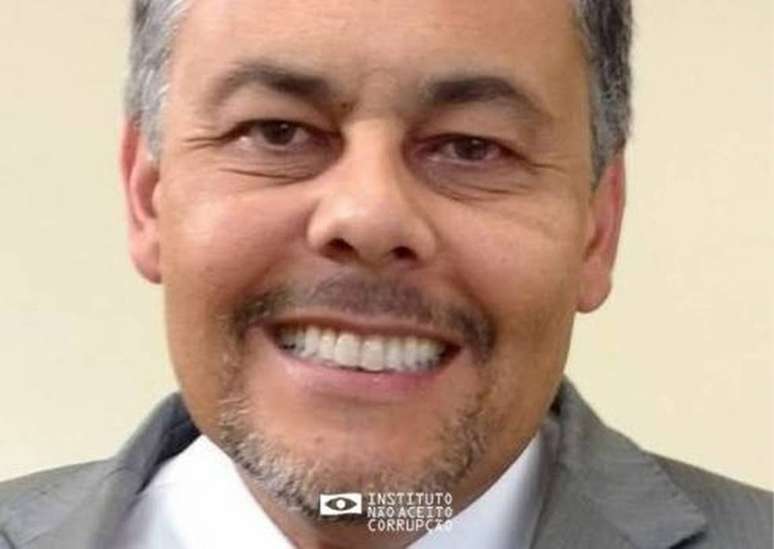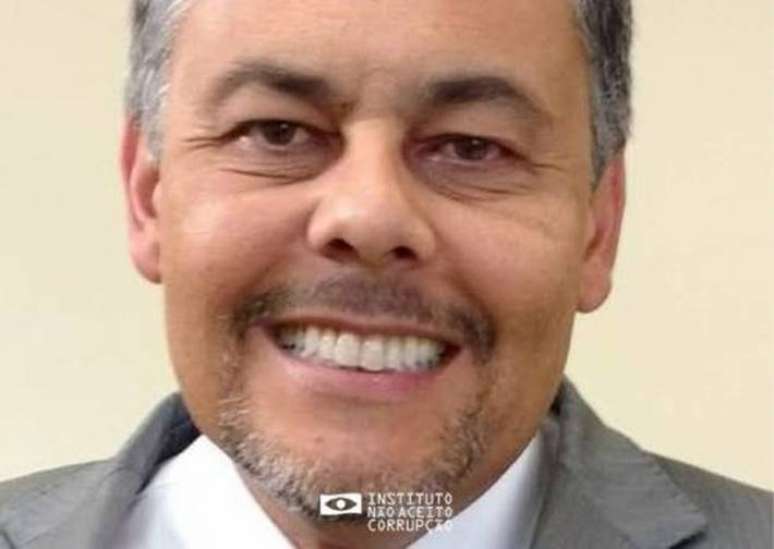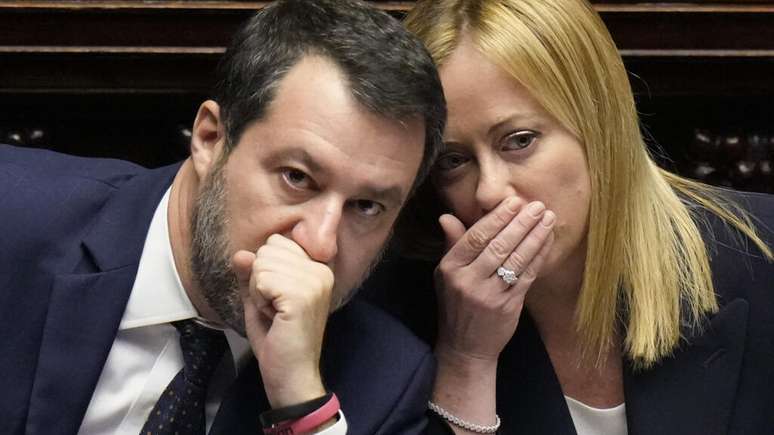It is often said that the fight against corruption is on the right’s agenda while the fight against extreme poverty is on the left’s agenda. This binary premise lacks any theoretical foundation and often yields to opportunism. Although controversy reigns, the concepts of left and right in democratic capitalist societies are not anachronistic. Although much flexibility and indeterminacy prevail around them, it is known that in the political evolution since the 19th century, the keynote of right-wing thinking is freedom, while the center of concern for the left is equality.

However, the dynamics and practice of party political positions do not always faithfully obey this distinction, as it is not uncommon for governments more left-aligned to adopt, to some extent, positions more philosophically sympathetic to the right, and vice versa, even without the characteristic of essentiality in government guidelines. Nor is it rare to underline that political antagonism is reduced, in many moments, to a correct and radical understanding of the logic of the schemes of power that line up the situation and the opposition in alternating positions, which can well be expressed in the conflict between “we” and “we” “them” and vice versa.
Conceived the Government as a structure dedicated to the satisfaction of the general and common well-being of the population, even if occasionally there may be a predilection for some social and economic sectors, it is not ontologically admissible that, in consolidated or built democracies, this representative political structure which initiates sovereignty is endowed with arbitrariness to choose which part of the Constitution that binds it will give executive effect.
It is not the Constitution that adapts the Government, but the latter is subordinated to the commands of the former, regardless of the color of the party that temporarily exercises it. The Government must fully respect the Constitution, it being understood that the public policies it designs and implements can give priority, as far as possible and at the moment, to these or those constitutional guidelines, without however renouncing any others. And precisely because it is not a tyranny, this management capacity entrusted to the Executive Power is articulated with the existence of a control based on useful and efficient systems and mechanisms.
In a democracy there is no room to give up or dispose of both the fight against corruption and the fight against inequalities. Both are constitutionally sublimated values and guaranteed by the provisions of the 1988 Constitution. Let us be clear in this: by counting the dignity of the human person among its foundations, it places the elimination of poverty and marginalization and the reduction of inequalities as one of its fundamental objectives and indicating assistance to the defenseless among the fundamental social rights, at the same time that, deriving from the republican principle, catalogs the public subjective right to an honest government by praising administrative morality as the central principle of the State activity, and hopes for the punishment of acts of administrative impropriety with the commission, among others, loss of civil service, ineligibility and suspension of political rights, subject to popular action and public prosecution.
In reality, honesty in public affairs and the elimination of poverty and misery are both integral elements of the very concept of the dignity of the human person: human beings develop fully through access to and enjoyment of rights, including those political and economic; in the same way that he is entitled not to be socially or economically vulnerable, he is entitled to the right to probity of the agents of the power exercised in his name.
That is why it is essentially not possible to sectorize the increase in public policies against improbability or extreme poverty as guidelines for this or that party color, since both are state strategies that prevail over rightists or shady mobs. A corollary of state policies’ notion that addressing social and economic inadequacy and inequality is the inability to achieve one over the other. In other words, it is not legitimate for the elimination of socio-economic vulnerabilities to be achieved by ignoring the elementary rules of public ethics, nor is it acceptable for the fight against the misuse of public money to be exercised by aggravating poverty and exclusion.
It is no coincidence that the 2030 Agenda, which aims to combat poverty and hunger, includes among the objectives of sustainable development “substantially reduce corruption and bribery in all its forms” (16.5) in the consideration that sustainable development pursues “an effective rule of law and good governance at all levels and in transparent, effective and accountable institutions”, since inequality, corruption, bad governance are factors of violence, insecurity and injustice. Now, the nations that occupy the best positions in rankings of transparency and which have the lowest rates of impropriety are precisely those which have high indices of human development and socio-economic indicators with the highest levels of equitable distribution of income and scientific and educational progress. The higher the level of efficiency in the fight against corruption, the greater the fight against poverty.
*Wallace Paiva Martins Junior, Deputy Attorney General (MPSP), PhD in Administrative Law (USP) and Professor of Administrative Law (Undergraduate) and Environmental Law (Postgraduate in the strict sense) at the Catholic University of Santos (UNISANTOS )
This text reflects the author’s opinion only and exclusively and does not represent the point of view of Instituto Não Accept Corruption. This series is a partnership between the blog and the Instituto Não Accept Corruption (Inac). Articles are published periodically
Source: Terra
Rose James is a Gossipify movie and series reviewer known for her in-depth analysis and unique perspective on the latest releases. With a background in film studies, she provides engaging and informative reviews, and keeps readers up to date with industry trends and emerging talents.







